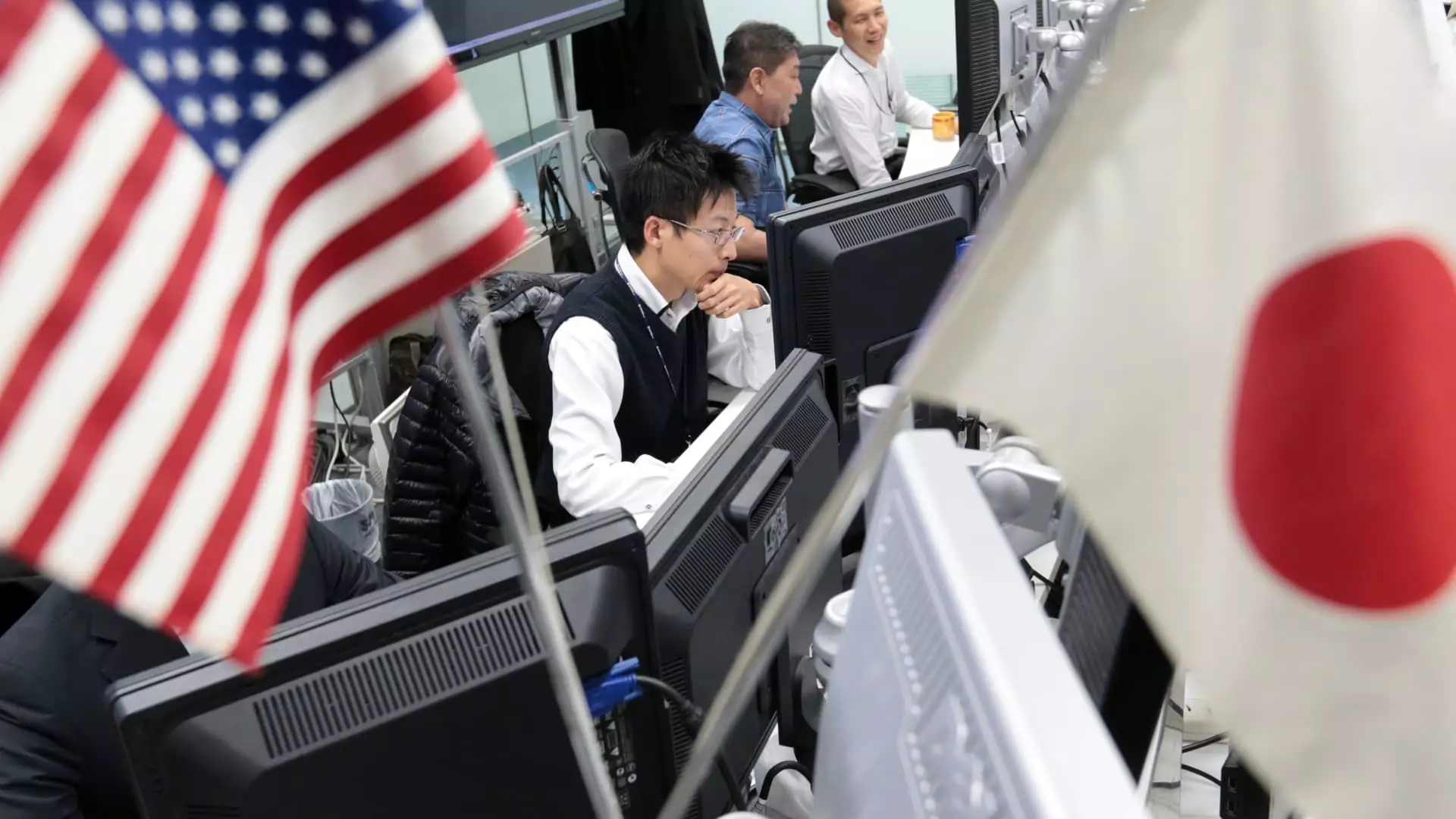In a significant development for international security, the United States is set to overhaul its military command structure in Japan, showcasing a renewed commitment to strengthening defense relations amid rising tensions in the Asia-Pacific region. As the global landscape evolves due to the assertiveness of China and threats from North Korea, this revamping signals a shift towards more integrated military cooperation between the U.S. and its key Asian ally, Japan.
Tokyo is poised to host a crucial round of security talks this Sunday, where U.S. Secretary of State Antony Blinken and Secretary of Defense Lloyd Austin will engage with Japanese leaders, including Foreign Minister Yoko Kamikawa and Defense Minister Minoru Kihara. This gathering underscores the urgency of enhancing military collaboration as both nations face unprecedented challenges. A noteworthy aspect of these talks is the planned announcement regarding the reconstitution of U.S. Forces Japan into a Joint Force Headquarters, aimed at improving operational coordination.
The anticipated command structure will be led by a three-star general, which does not align with Japan’s request for a four-star designation. This decision, however, is part of a broader strategy to respond to evolving security challenges effectively. The formation of a new joint headquarters occurs in parallel with Japan’s initiative to establish its own integrated command structure in order to facilitate a more cohesive response to threats.
As Japan reassesses its defense posture, it is noteworthy that the nation is moving away from its post-World War II pacifism. In 2022, the Japanese government unveiled a comprehensive plan aimed at doubling its defense spending to 2% of GDP. This pivot illustrates Japan’s commitment to bolster its military capabilities in the face of growing aggression from both China and North Korea, including regular missile tests that threaten regional stability.
An essential topic during the upcoming ministerial discussions is “extended deterrence,” which underscores the U.S. commitment to utilizing its nuclear arsenal to safeguard its allies. This concept is particularly pertinent given Japan’s strategic reliance on the American military presence to counter regional threats. The integration of extended deterrence into bilateral talks marks a significant moment in the defense dialogue between the U.S. and Japan, as both nations seek to fortify their security framework.
Moreover, Austin’s meeting with Kihara and South Korean Defense Minister Shin Won-sik solidifies a trilateral approach to security, enhancing cooperation that has at times been strained by historical tensions. The signed agreement to strengthen real-time missile warning data sharing and joint military exercises offers a pragmatic solution to address common threats, thereby building a robust regional defense architecture.
Another facet of this defense strategy involves leveraging Japan’s industrial capabilities to alleviate pressures on U.S. defense manufacturers. As the Biden administration navigates through the resource strains imposed by global conflicts, including those in Ukraine and the Middle East, this partnership aims to enhance defense production while decreasing dependency on a single source. The recently initiated dialogue surrounding defense industrial cooperation, set forth by U.S. and Japanese leadership, will explore synergies that benefit both nations.
Following the talks in Japan, U.S. officials will engage with the Philippines, underscoring the Biden administration’s broader strategy to counteract China’s assertive posture in the region. The discussions emphasize a unified front among Indo-Pacific partners committed to maintaining a “free and open” environment.
The recent engagement between U.S. and Chinese officials also demonstrates the need for ongoing dialogue to manage competition and mitigate tensions. As significant security alignments materialize, the overarching goal remains clear: to ensure stability and promote a cooperative security framework among allies in the face of mounting challenges.
The forthcoming discussions in Tokyo embody a pivotal moment in U.S.-Japan relations, aligning defense strategies with current geopolitical realities. As both nations prepare to address shared security concerns, their collaborative efforts will not only impact the regional balance of power but also set a precedent for future diplomatic engagements in the Indo-Pacific. This evolving partnership, marked by critical reforms and strategic resources management, signals a readiness to confront challenges head-on while fostering an enduring alliance.


Leave a Reply